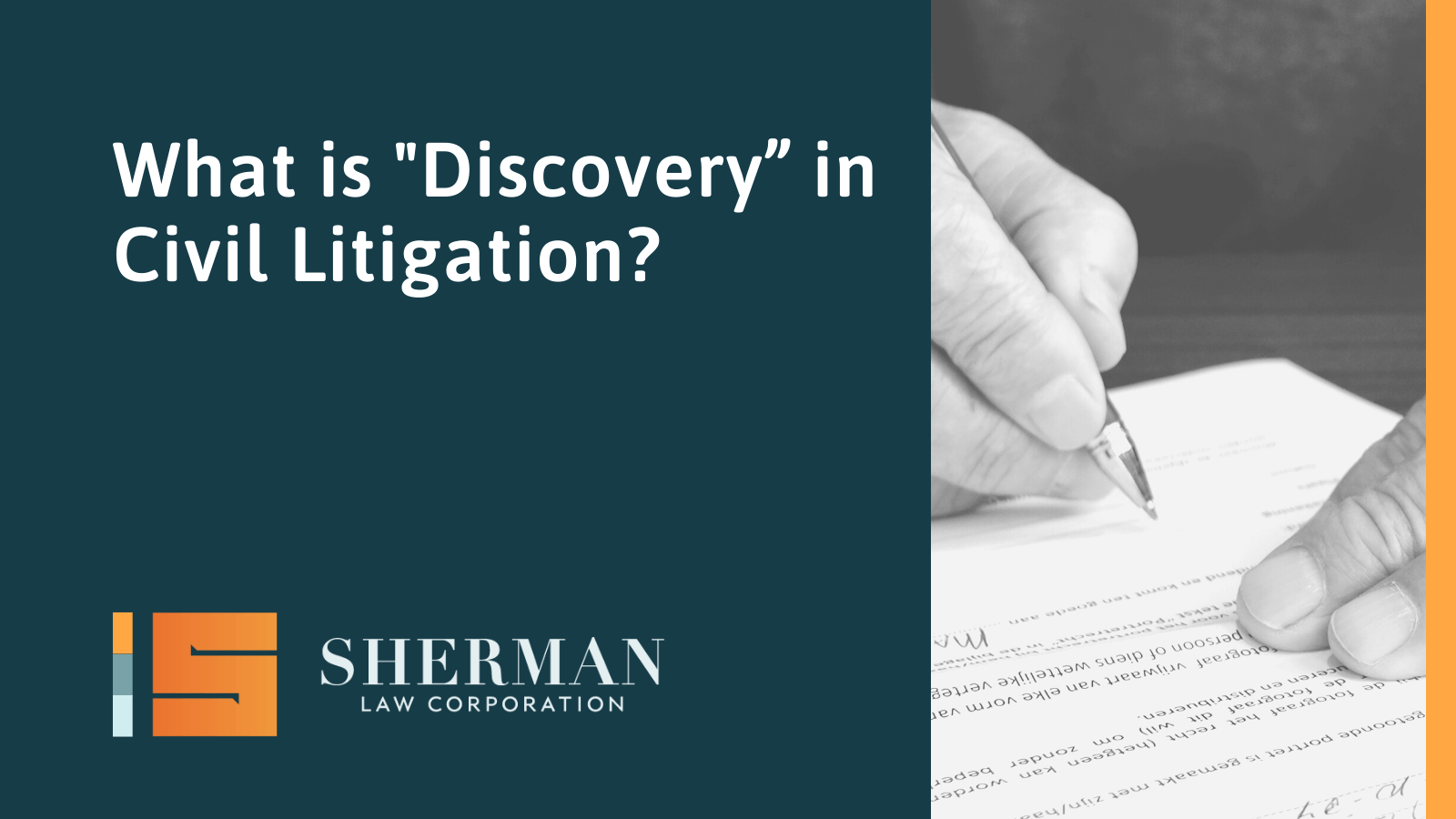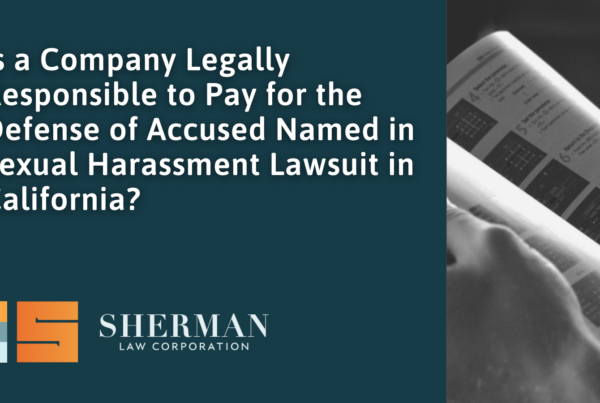
What is “Discovery” and What is its Purpose in Civil Litigation?
Once a lawsuit is filed and served on the other parties, the parties to the lawsuit start what is called the discovery phase of litigation. This consists of various methods of gathering information relevant to the allegations, defenses, and parties to the lawsuit. Unless a discovery dispute arises or discovery responses are relevant to some other issue in the case, discovery usually takes place outside of the courtroom.
Typically, the parties exchange written discovery which can consist of one or more of the following items: Form and Special Interrogatories (questions), Requests for Production of Documents and electronically stored information (ESI) (produce responsive information and documents, see “E-Discovery”), and/or Requests for Admissions (admit or deny the allegations or authenticate documents). A party typically has thirty days in which to serve on the other parties’ objections, responses and produce responsive documents. A party may subpoena relevant information from third parties, or take their depositions. A party will usually take the deposition of all individually named parties, pertinent custodians and key players, and where a legal entity is involved, often times take the person most knowledgeable on a variety of issues. A deposition is face-to-face questioning of another party or witness to the allegations under oath; the testimony has the same force and effect as if the deponent is testifying in a court of law.
The rules of discovery are broader than what is admissible in Court. Anything that is reasonably likely to lead to the discovery of admissible evidence is fair game, unless the information is privileged (i.e., attorney-client privilege, spousal privilege, trade secrets, privacy, etc.) or otherwise legally protected. Private or third party information that is directly relevant to the claims/issues in the lawsuit may still be required to be produced by a protective order either agreed upon by the parties or ordered by the court. Any disputes regarding discovery typically require meet and confer prior to filing a motion with the court. Motions to compel almost always seek sanctions against opposing party/counsel for unjustifiably non-compliance.




